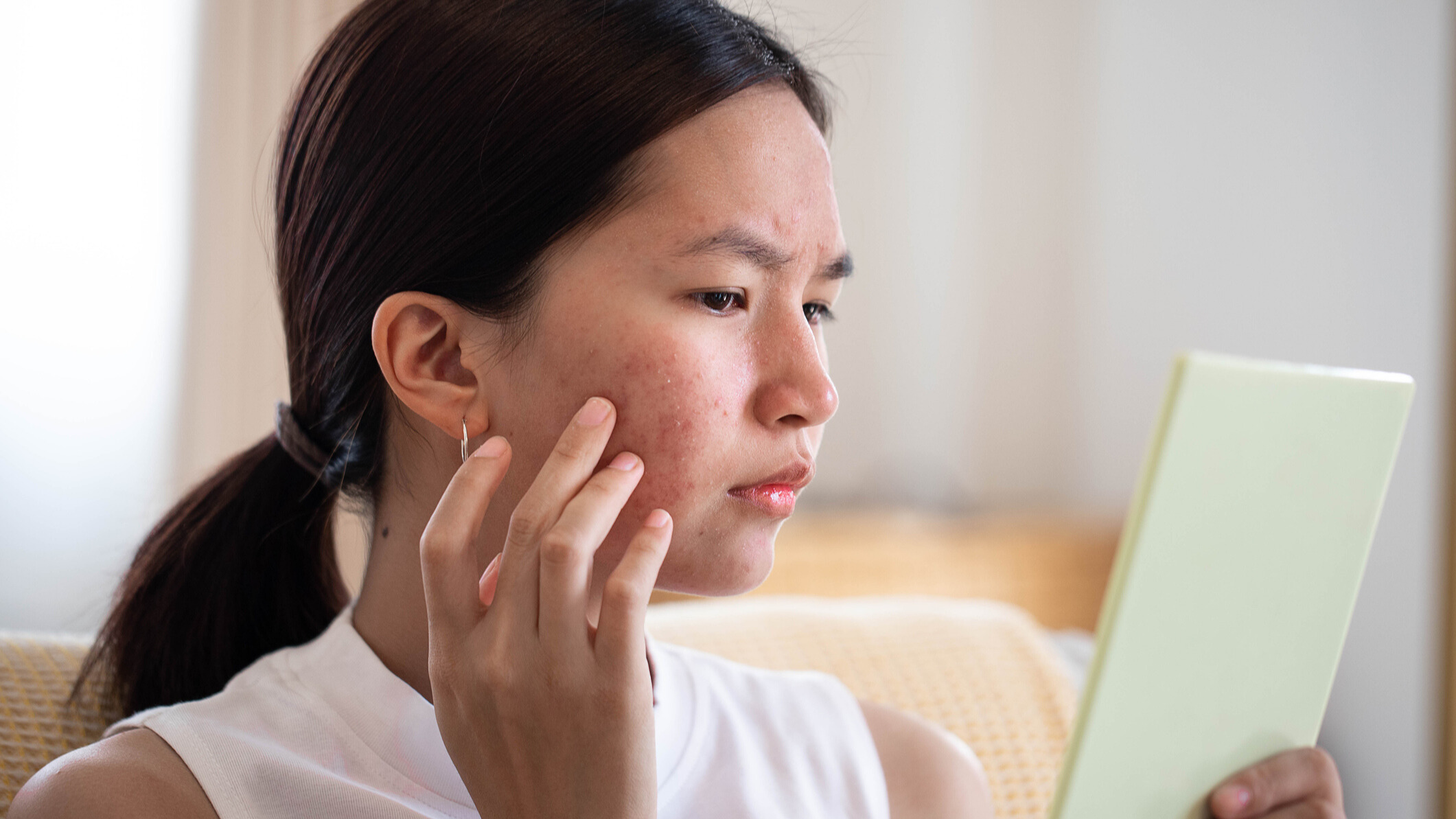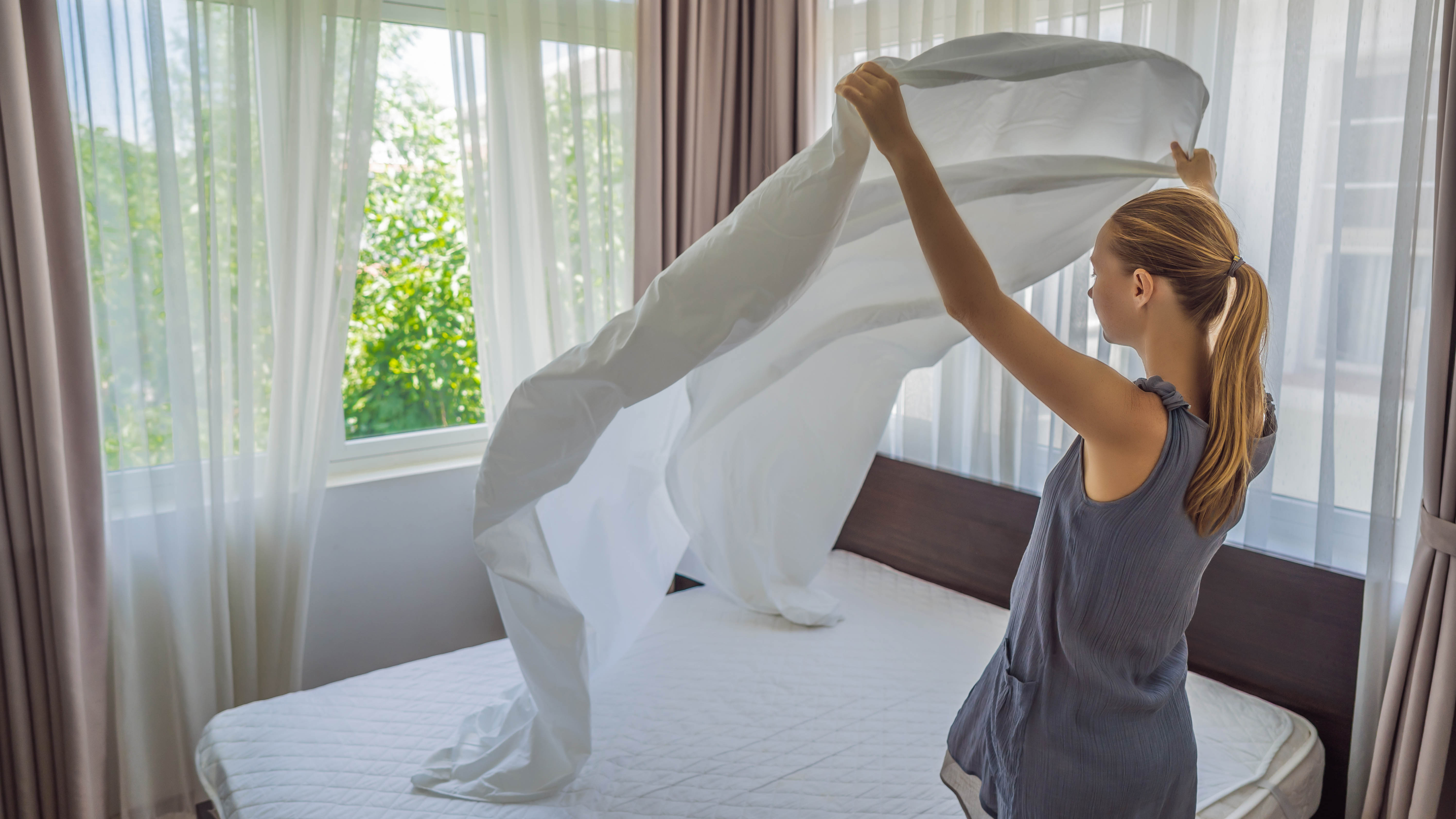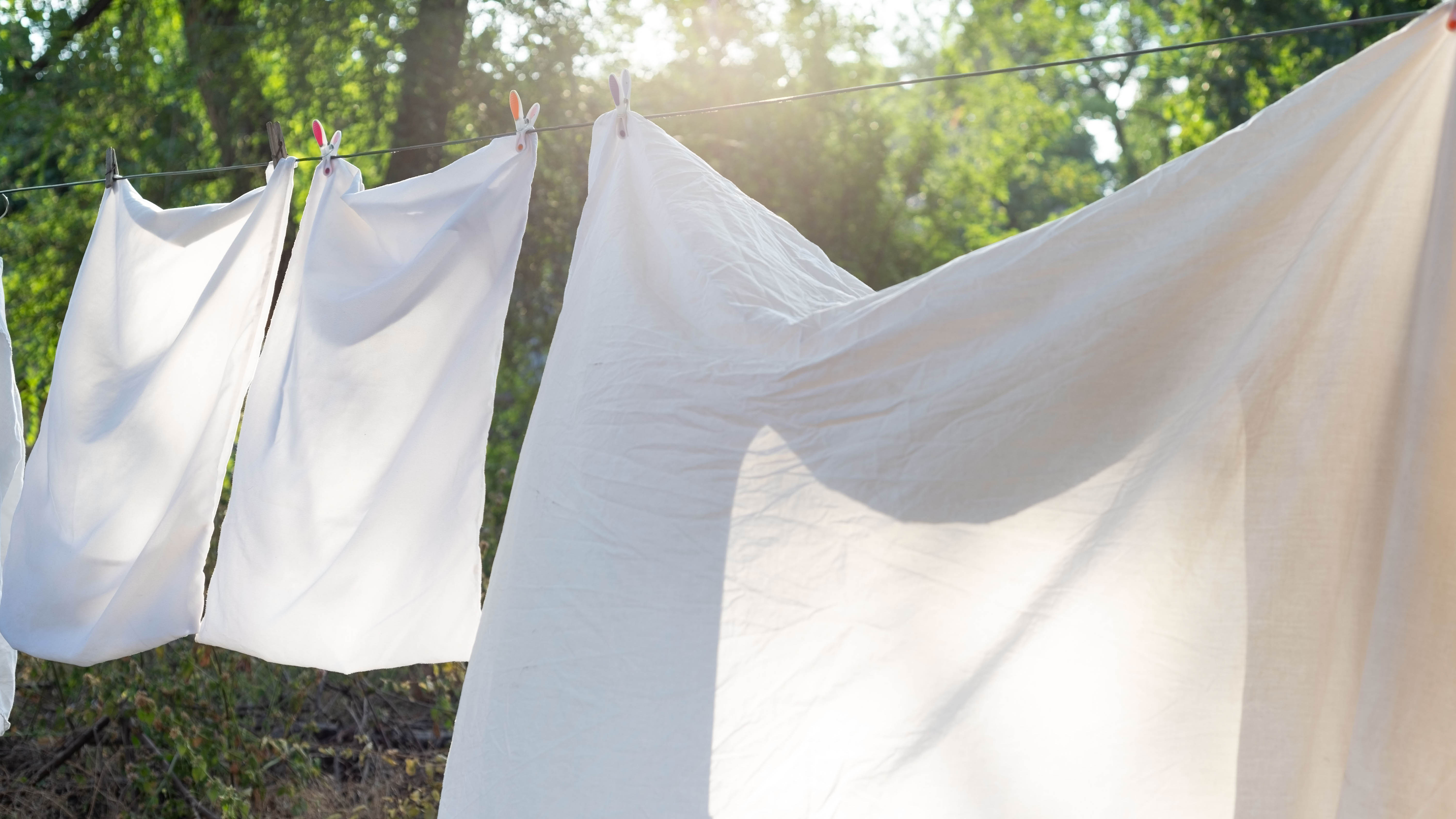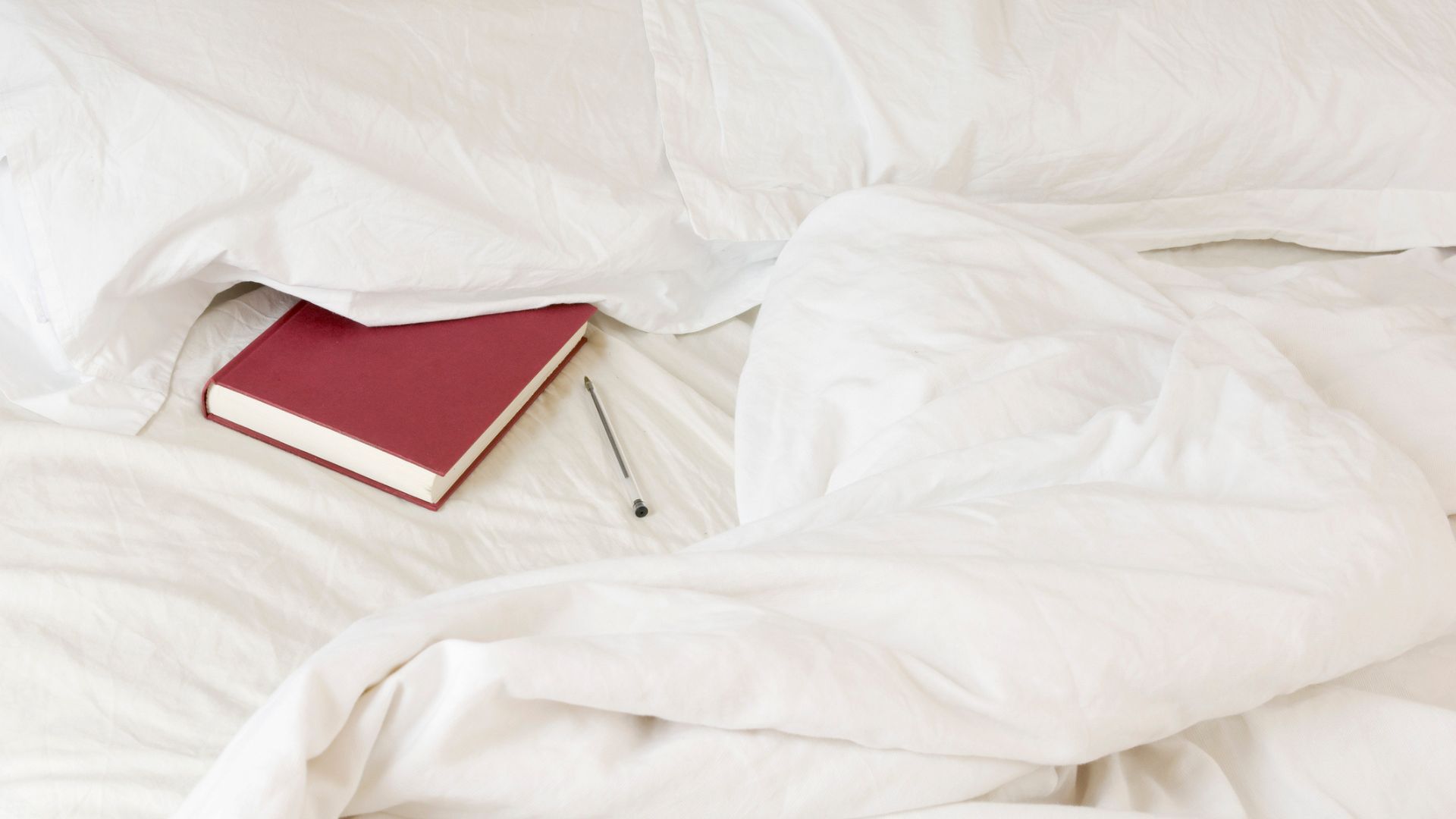Your bedding could be costing you hundreds a year in skincare — here's why
Your bedding can make or break your skincare routine

According to recent reports, the skincare market in the UK reached an estimated £1.782 billion in 2023, which is expected to surpass £2 million by 2028. We know how expensive quality skincare is, but what if we tell you that the right bedding can earn you big savings on it?
Just like how lying one of this year’s best mattresses can work wonders for your sleep, physical and mental health, using the proper bedding can maximise your skincare efforts. However, it can also damage your skincare routine if you get it wrong.
With the help of Jonathan Warren, bedding expert and director of Time4sleep and NHS GP Dr Hana Patel, we’re exploring how with the right bedding and maintenance you can save a few money on skincare while boosting your glowing skin. Read on to find out more…
How does your bedding impact your skin?
While sleeping on one of the best pillows for your body type can ensure a blissful snooze with adequate support for your neck, head and shoulders, regular contact with a dirty sleeping surface can damage your skin barrier.
This is because of the accumulation of skin oils, product residue, sweat and drool on your pillows and other bedding which is a recipe for blocked pores and skin disaster. Choosing the right fabric based on your skin type and concerns, can help promote the health of your skin barrier.
While no amount of tweaks to your skincare routine will fix the issue unless you pay attention to your bedding (more tips to follow below), leaving enough time between your nighttime skin routine and bedtime can minimise the risks of dirtying your bedding by giving ample time for your skin to absorb it all.

What kind of bedding is good for your skin?
Choosing the right bedding fabric depends on your skin type, sleep concerns and even regional temperature. “It’s important to make sure you spend time considering whether your choice of bedding is right for your skin. If your bedding material is agitating your skin and causing irritation, then your expensive skincare routine is wasted,” says Warren.
Sign up to get the BEST of Tom's Guide direct to your inbox.
Get instant access to breaking news, the hottest reviews, great deals and helpful tips.
It is a golden rule to use a pillow case, but what fabric should you go for? “If you’re prone to sweating at night, a cotton material may work better for your skin. This is because cotton is a very breathable material and allows your skin to have freedom when sleeping,” he explains.
Materials like silk and satin are usually advised for those with oily acne prone skin. This is because they are gentle, have less friction and are hypoallergenic which means great news for your skin.
While research is limited, there are studies like this clinical trial which saw a reduction in pimples among those who slept on silk-like pillow cases compared to cotton covers. Bamboo is another organic material with naturally cooling and hypoallergenic properties which can reduce heat build up, and therefore sweat.
What kind of bedding should be avoided for good skincare?
It's best to avoid bedding fabrics that retain heat, moisture and oils. An example would be synthetic fibers like polyester which are infamous for this. These can lead to breakouts or distressed skin, especially if you're living in a warmer region or when it's hot and humid outside.
In this regard, certain linen pillowcases too can be held as culprits as they are generally high-absorbent, which results in a breeding ground for bacteria. Stay away from coarse scratchy materials too, as these can irritate your skin barrier and cause itching, especially if you have active acne.

How to maintain your bedding properly to benefit your skin
1. Change your bedding regularly
Experts cannot stress enough on how changing your bedding is not only a crucial aspect of your sleep hygiene but also your overall wellbeing, including skin health.
A clean sleeping surface is free of acne causing allergens leading to great skin when you wake up. Experts say that you should change your bedding once a week.
“Washing your bedding a minimum of once a week in the summer, and a maximum of once every 10 days in the winter, will help maintain a clean surface to lay your head on every night, as well as reduce the possibility of allergens irritating skin," explains Warren.
2. Wash your bedding with gentle hypoallergenic products

There are some common mistakes we make when washing bedding which can potentially cost us our clear skin. Using fragrant fabric softeners may be one of these.
"Allergic contact dermatitis is the most common skin side effect found with the use of fragrances. People who suffer from eczema may find that scented detergents make their symptoms worse, and in general are a group of substances that are difficult to avoid in daily life," explains Dr Patel.
She also suggests that we purchase detergent products like we buy our skincare— by reviewing ingredients, reading reviews and testing the product. The key is to find gentle hypoallergenic cleaning products for your bedding.
3. Approach your bedding differently with seasons
Still using the same kind of bedding throughout the year? It's time to change that up if you're planning to prioritise skin health in 2025. The type of fabric and temperature outside has a significant impact on your skin barrier.
In the summer, it's best to opt for breathable lightweight bedding fabric like natural fibers (cotton, bamboo or organic silk) as these open up your skin to air circulation. Cooling pillowcases can also reduce clogged pores, making it easier for your skincare to be absorbed.
Dress your bed differently for fall or winter as the objective should shift to including fabrics which retain heat better. “You may want to add heavy knit-like blankets to keep warm, but as long as the base cover and pillow that will be in contact with your skin is cotton and fragrance-free you should maintain healthy skin," says Warren.

Becky is a Sleep Staff Writer at Tom’s Guide covering all things sleep-related including product reviews, research studies, news and explainers. She works on specialist bedding content and is responsible for buyer’s guides like the best pillows for all sleepers and best mattress protectors focusing on popular brands such as Tempur-Pedic, Avocado, Coop Home Goods and more. Becky is a PPA accredited journalist who is keen to explore the intricacies of sleep, its effects on skincare, mental wellbeing and work performance. While not thinking of sleep, she can be seen reading in cosy bookshops or learning about global food culture.
